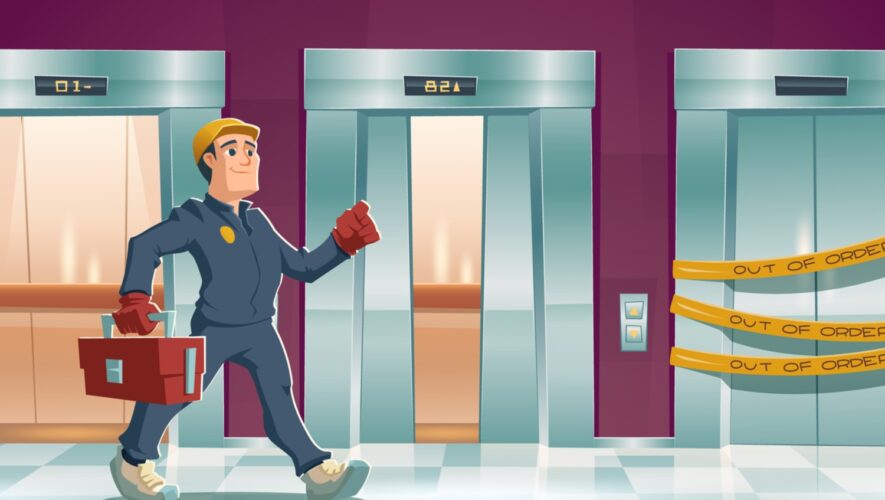September 17, 2021
By Aubie J. Herscovitch and Alexander Rigante, guest contributors
This article examines the rules and regulations regarding the maintenance, safety and sanitation of buildings in Quebec, with emphasis on the penalties and powers of which municipal authorities can avail themselves should a property owner fail to maintain these standards.
According to the Loi sur l’aménagement et l’urbanisme, Quebec municipalities must formulate regulations governing the maintenance of buildings and properties within their territorial jurisdiction. These regulations are intended to promote public safety and sanitation and to preserve the integrity of buildings and properties.
In Montreal, the Règlement sur la salubrité, l’entretien et la sécurité des lodgements (RVM 03–096) and the Règlement sur l’entretien des bâtiments (RVM 07–034) are two regulations promoting housing sanitation, maintenance and safety. They establish minimum standards for, among others, required amenities, ventilation, habitable surface areas and lighting. The regulations also grant inspection, verification and disciplinary powers to municipalities.

Because minimum standards may vary among municipalities, verifying them is of the utmost importance as the Loi sur l’aménagement et l’urbanisme provides municipalities with an arsenal of comprehensive and escalating enforcement powers, as follows:
1. Notice of Deterioration
A municipality may require the repair or maintenance of a building it deems non-compliant. It does so by giving written notice of deterioration to the property’s owner, indicating the repairs required and the time allowed for completion. If the property owner fails to make the necessary repairs within the time set out in the notice, the municipal authority may register the notice at the Quebec Land Registry.
2 . Land Registry Registration
The registration lists the owner’s name and address, indicates that the building is in a state of deterioration and specifies the repairs to be made. All real right holders receive a copy of the notice. Should the necessary repairs be made, the municipal authority must, within 60 days of confirming the repairs, register a notice of compliance at the Registry. Moreover, the municipal authority must, within 20 days of confirmation, notify all real right holders of the compliance.
3. Repairs at Owner’s Expense
If an owner does not do the necessary repairs, the municipality may petition the Superior Court of Quebec to authorize the repairs at the owner’s expense. The cost of the repairs, guaranteed by a hypothec on the property, will constitute a prior claim on the building, on the same basis and with the same priority as other preferred claims described in paragraph 5 of Article 2651 of the Civil Code of Quebec. These claims have priority even over hypothecary creditors.
4. Expropriation or Acquisition
As a last resort, a municipality may acquire or expropriate a property for non-compliance if the property is in a state of dilapidation or disrepair and constitutes a health and safety risk. The Loi sur l’aménagement et l’urbanisme allows the municipality to do so 60 days after registration of the notice of deterioration.
5. Fines
Lastly, the Loi sur l’aménagement et l’urbanisme allows municipal authorities to impose fines for violation of maintenance, safety and sanitation regulations. For example, in Montreal, corporations in violation of the Règlement sur la salubrité, l’entretien et la sécurité des logements (RVM 03–096) can expect fines up to $5,400 for a first offence, and up to $20,000 for subsequent offences.
In conclusion, the comprehensive and far-reaching powers that municipalities have to ensure compliance with the maintenance, safety and sanitation of immovable properties within their jurisdiction demonstrates the importance that the Quebec legislature places on this policy objective. The upshot is that compliance with the existing municipal and provincial regulatory framework is necessary to ensure a profitable, productive and high quality real estate operation.
Aubie Herscovitch is the head of De Grandpré Chait LLP’s real estate team. Alexander Rigante is an articling student at the firm.
RELATED ARTICLES
Rising municipality charges stalling efforts to develop green buildings in Canada
Emerging Competition and Data Privacy Issues for Real Estate Organizations
Efforts to cool hot housing markets target ‘foreigners’ instead of speculators
